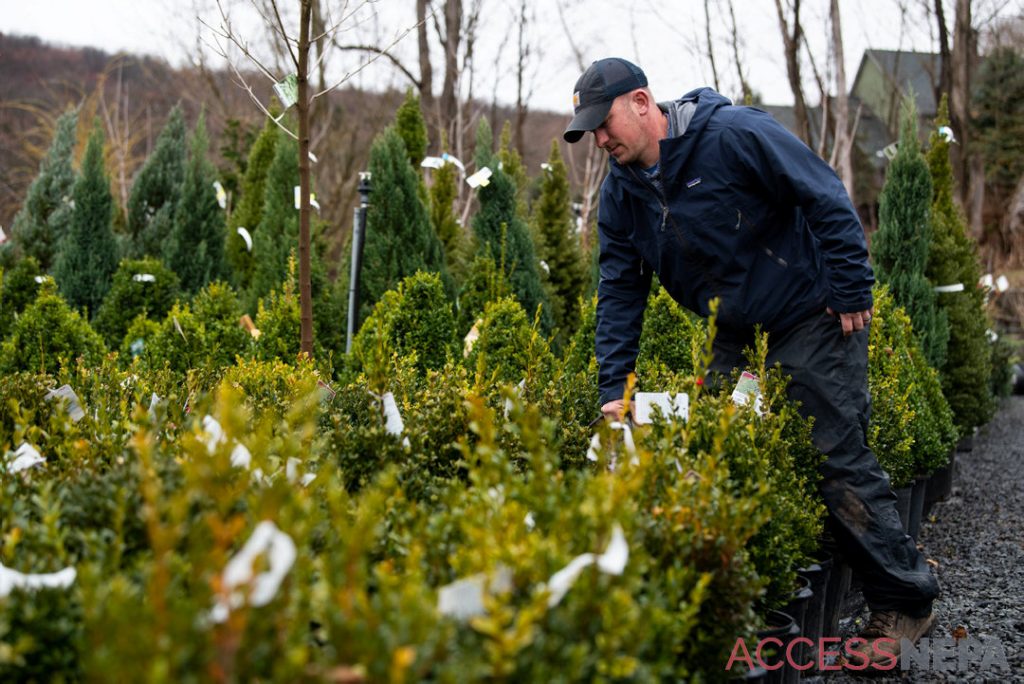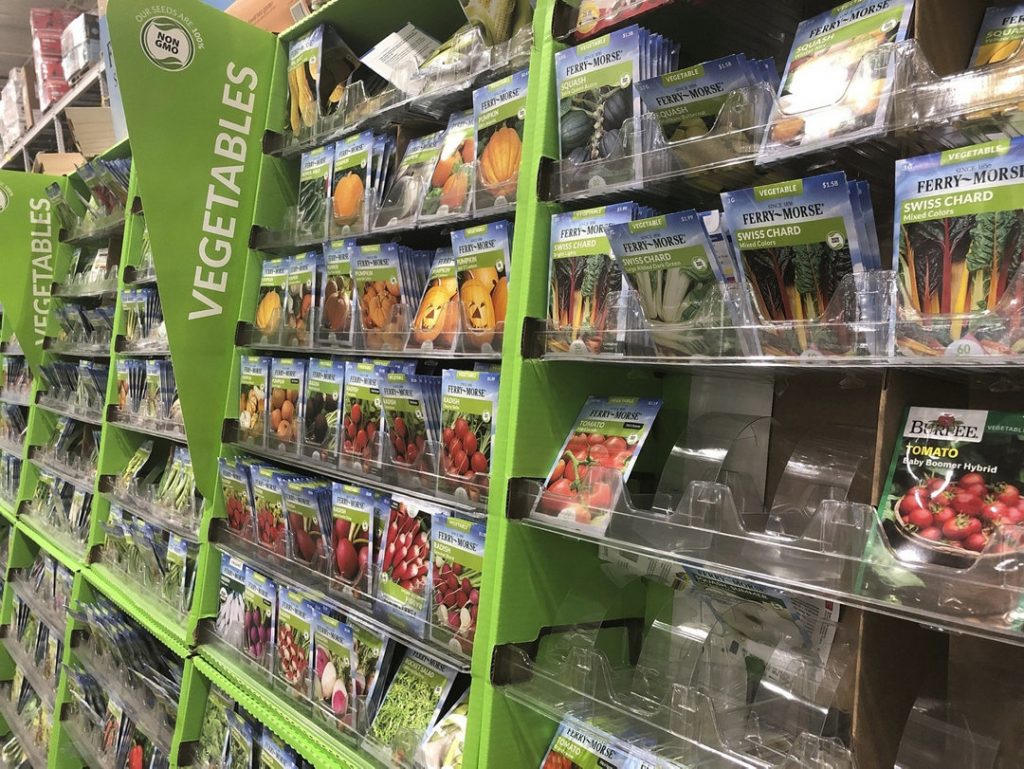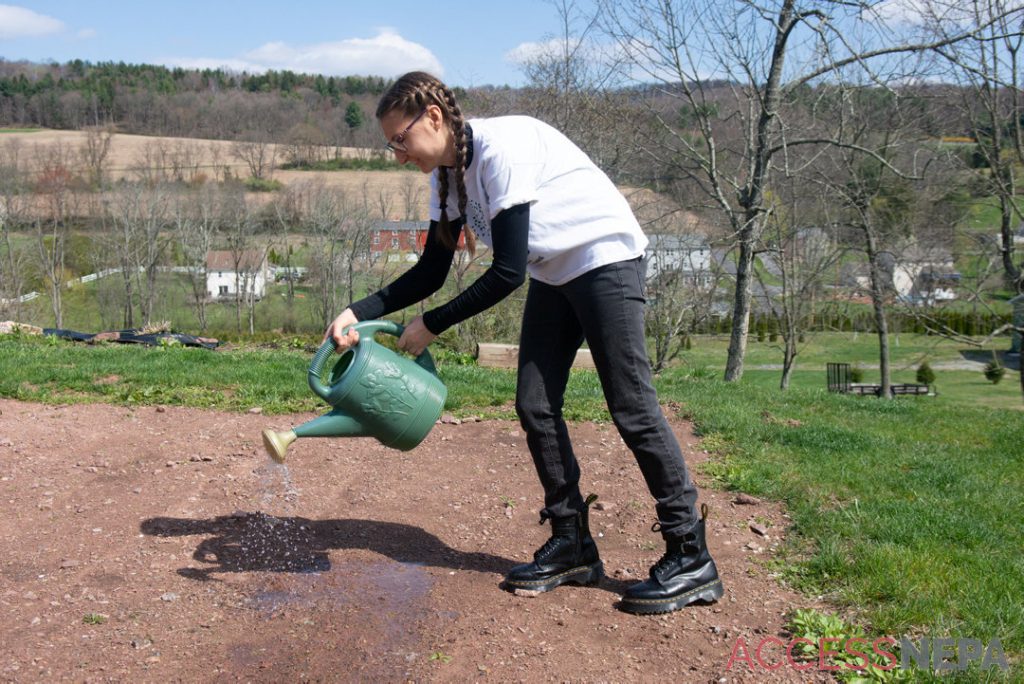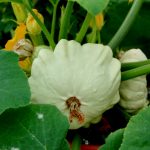Travel virtually to some of the country’s best-known gardens and find some inspiration for your own home along the way.
Winterthur Museum, Garden & Library and Mt. Cuba Center, both in Delaware; New York Botanical Garden; Longwood Gardens, Kennett Square, all have shared videos from their grounds on their social media channels. From tours of the properties to informational segments about gardening, the venues let followers feel like they’re enjoying the spring blossoms in person while actually quarantined at home.
On its Facebook page, Northeast Pennsylvania’s Laurel Garden Club has remained active during the pandemic by sharing not only pictures of local flowers but also links to videos from many of these major venues.
For those inspired to use this time at home to test whether they have a green thumb, or for seasoned gardeners, local Master Gardeners this month began hosting “Garden Hotline LIVE,” where gardeners and Penn State Extension Educators answer questions. The free, five-session live webinar series airs from noon to 12:30 p.m. on the first and third Fridays of the month through June 19.
interested in participating need to register in advance online — visit extension.psu.edu/shopby/webinars — and then will receive the link to join the program. The Master Gardeners also are recording the webinars and posting them on the Penn State Extension website, extension.psu.edu. For details, visit the statewide Penn State Extension Master Gardener group on Facebook.
And while the Extension offices remain closed to the public, the Master Gardeners continue to offer services remotely, including answering plant questions and concerns from the public by email. Contact your county extension office for details about how to reach your local Master Gardeners.Anyone who needs soil or water test kits can order them from Penn State’s Ag Analytical Services Lab’s website, agsci.psu.edu/aasl. With tests taking longer to process at this time, however, the lab recommends the public only submit high-priority samples, such as those related to drinking water, food and crops.

CHRISTOPHER DOLAN / STAFF PHOTOGRAPHER
Trevor Kashuba of Scott Twp. checks green mountain boxwood shrubs at Corky’s Garden Path in Scott Twp. on Friday, April 3, 2020.
If you’re ready to get outdoors and start gardening, there is plenty you can do this time of year. Barbara Dehaba, Laurel Garden Club president, said local big box stores and smaller nurseries have plants and seeds available for purchase even during the pandemic. But if people would rather not go out shopping, she said, they can order seeds, plants and even rooted plants — literally just roots that come in a bag — online.
This year’s lack of snow meant Dehaba, who lives in Cherry Ridge near Honesdale, could weed her garden throughout the winter and continues to do so. Some people might thing it’s too early to go out into the garden, she said, but lettuce, potatoes, radishes and several other vegetables grow well in the cooler weather of early spring.
She offered several suggestions for people just starting out as gardeners, such as trying to grow houseplants or planting a more permanent fixture, such as an evergreen or flowering tree or blooming shrubs.
“Let’s just say you have a little backyard,” Dehaba said. “I think it’s important to start with evergreens because you want to have year-round interest (in your yard).”
Whatever you choose, keep the size of your yard in mind, she added. You might not have room for an oak tree, but smaller flowering trees, such as Japanese red maples, might fit better. That tree in particular comes in a variety of colors, Dehaba said, and “some of them are very dramatic.”
Vegetables can grow in small spaces, too, including in planters on decks or porches. Dehaba recently tried planting strips of vegetable seeds, which produce plants spaced the appropriate distance from one another.
“When I showed my husband that, he was just thrilled because they came up and you didn’t have to go in there and thin them out. … That’s an easy way, and it’s practical,” Dehaba said.
Gardeners looking for plants that list will want to grab some perennials, which return yearly. Annuals, meanwhile, “are just kind of like an added lovely feature,” Dehaba said.
“You can get your annuals to add to what you already have in the yard,” she added.
And once your plants are in place, you can add some special touches.
“Some statuary or something that’s going to be permanent out there is nice too,” Dehaba said. “It has nothing to do with growing. It just adds interest to the garden.”

WARREN RUDA / STAFF PHOTOGRAPHER
Tom Twilliger sets a display of seedling mix at the BCI (Bradley Caldwell Inc.) retail store.
Help a health care worker
In Lackawanna County, the Master Gardeners have adjusted their Mother’s Day plant sale as a result of the pandemic, with the public now able to donate $20 to provide a hanging basket to an employee at St. Mary’s Villa retirement and skilled nursing facility, Elmhurst Twp. The Master Gardeners will provide care instructions and a thank you note with each plant.To donate, visit raise.psu.edu/LackawannaMG and include “hanging basket” in the form’s comment section. Proceeds benefit the county’s Master Gardener program.
The statewide Master Gardener program also has set up a special fund the public can donate to that will give a hanging basket or collection of herbs and vegetables to 1,500 front-line health care workers at Penn State Milton S. Hershey Medical Center in Hershey and Penn State Health St. Joseph Medical Center in Reading. To donate to that fund, visit raise.psu.edu/MasterGardeners.
“If you have taken solace in your own garden over these trying days, now would be the perfect time to assure that our health care workers can find respite at home in the beauty and bounty of spring after devoting their time to us,” Nancy Knauss, Penn State Extension statewide coordinator of the Master Gardener program, said in an announcement.

JOHN RABY / ASSOCIATED PRESS
Customers looking to start their home gardens during the coronavirus pandemic are gobbling up seeds at garden centers and creating huge backlogs on company websites.
What to do in the garden now
There’s plenty people can do to get their gardens ready right now, especially now that many people are spending more time at home. The Penn State Master Gardeners have several pieces of advice for those looking to get their hands dirty:
❀ Check indoor plants and use a high-quality, soilless medium to repot ones that aren’t root-bound.
❀ Use a slow-release or water-soluble fertilizer on houseplants, which will encourage new growth in them.
❀ Plant cool-season vegetables — potatoes, carrots, lettuce and more — outdoors, staggering the plantings so they don’t all mature at the same time.
❀ Plant warm-season vegetable seeds indoors using a high-quality starting medium. Use a clear plastic domed lid or plastic sheet to cover them and remove the plastic once the seeds germinate. Use supplemental lighting to help the plants grow stronger.
❀ Put compost on your lawn and plant beds, and avoid walking or moving heavy objects over wet gardens to prevent compaction.
❀ While you should reach out to professionals for help with large trees, you can remove dead, diseased and damaged wood from small trees and shrubs.
❀ To help summer-flowering shrubs grow new, more lively branches, remove one-third of the plant’s oldest branches, to about 6” above ground level. For overgrown or neglected shrubs, prune all branches to just above ground level. Those will not flower this season, but the process will help the plant in the long run.
❀ Move trees and shrubs prior to new growth emerging.
❀ Pull weeds, which should come out easily in moist spring soil.

Caitlin Heaney West is the content editor for Access NEPA and oversees the Early Access blog in addition to working as a copy editor and staff writer for The Times-Tribune. An award-winning journalist, she is a summa cum laude graduate of Shippensburg University and also earned a master’s degree from Marywood University. Caitlin joined the Times-Shamrock family in 2009 and lives in Scranton. Contact: cwest@timesshamrock.com; 570-348-9100 x5107; or @cheaneywest



